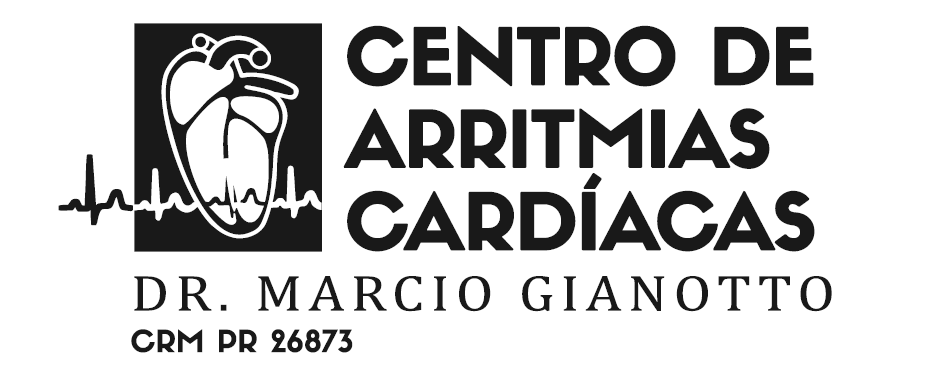
CRMPR 26873 EQR's: 18399, 811 and 19314.:
Cardiology
Clinical Arrhythmia
Electrophysiology
Do you live far away and would like a medical opinion?
Participate in our second medical opinion program.
It's simple, fast and safe.
What is it?
Ambulatory Blood Pressure Monitoring (ABPM) is a non-invasive method of obtaining blood pressure twenty-four hours a day, while the patient is in their own home or work environment, which represents a true reflection of their blood pressure.
How is done?
Performed through a device placed on the patient's waist that inflates a rubber bag, called a cuff, installed on the patient's arm.
Guidelines for exam day:
- Schedule the exam for a day of usual activities such as working, driving, household activities, etc...
- Physical exercise should be avoided during the 24 hours before the exam.
- Come to the exam showered and wearing a belt (showering will not be permitted during the exam). If you use medications, bring a list of them with the doses and times for taking them.
- The patient should have a day of usual activities. When the device is operating, the patient must keep the arm on which the cuff is placed, extended to the side of the body, until it is completely deflated. This process generally occurs every 20 minutes during the day and every 30 minutes at night, the process being similar to measuring blood pressure in the office.
- Physical exercises should be avoided during the exam. The stress test is the specific test to assess blood pressure during physical exertion.
- The device must be removed from the waist at night, placed under the pillow or on a dresser, remaining connected to the cuff by the rubber hose. The cuff may be tightened or loosened during the exam, as necessary. It is important that it always remains above the crease of the elbow. During the night, you should avoid sleeping on the arm on which the cuff is placed.






